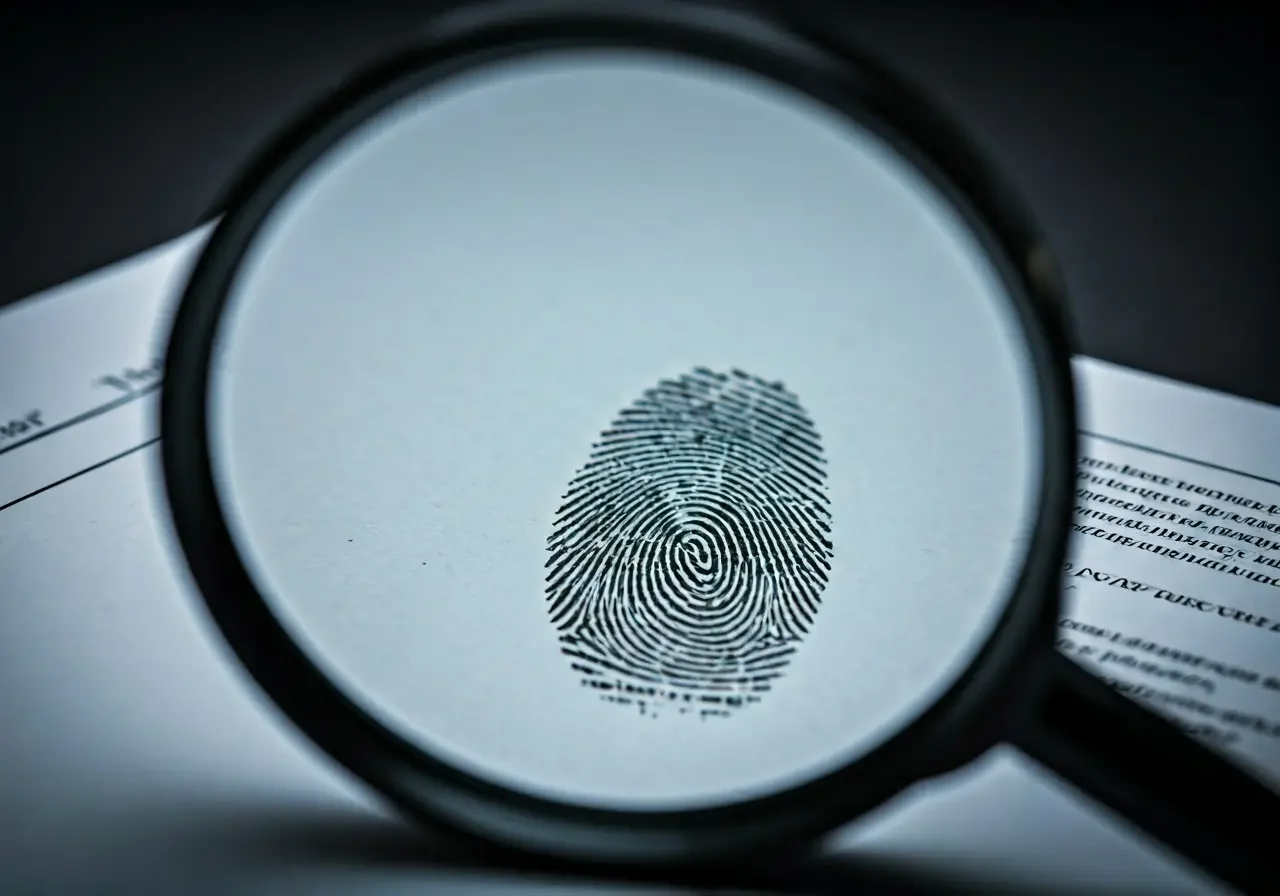The Role of Forensic Analysis in Criminal and Civil Cases
Forensic analysis plays a critical role in the justice system, influencing both criminal and civil cases. This fascinating field blends science and law to decipher evidence and reach insightful conclusions. From DNA analysis to digital forensics, it provides essential insights that could be the key to resolving complex cases.
Understanding Forensic Analysis
Forensic analysis encompasses a variety of techniques and disciplines used to examine evidence in the context of the law. It integrates expertise from fields such as chemistry, biology, and digital technology to provide comprehensive insights into legal cases. By analyzing this data, forensic experts can reconstruct events, identify potential suspects, and even determine the cause of ambiguous situations. This holistic approach helps in obtaining results that are both scientifically and legally viable, reinforcing the law's ability to administer justice effectively.
In addition to these traditional methods, forensic analysis regularly adopts new scientific discoveries and technological advancements, continuously evolving to improve its applications in various contexts. The development of DNA fingerprinting in the 1980s was a groundbreaking leap forward, allowing for more precise identification of individuals involved in criminal cases. As forensic science trudges forward, molecular biology and computer science play increasingly important roles, making analysis more accurate and reliable. By staying at the forefront of both technology and science, forensics can adapt to the changing landscapes of crime and the law.
The Role in Criminal Cases
In criminal cases, forensic analysis can be pivotal in securing convictions or proving innocence. Techniques such as fingerprint analysis, DNA testing, and toxicology reports often serve as conclusive evidence that can tilt the scales of justice. These techniques allow for the precise identification of individuals and substances, establishing a clear link between the suspect, the victim, and the crime scene. Moreover, forensic experts testify in court, interpreting complex data in a manner that juries can understand and evaluating the credibility of other evidence presented.
For example, the use of ballistics and firearm analysis has been instrumental in solving numerous cases involving gun violence. Specialists can determine the trajectory of bullets, identify the type of firearm used, and match bullets to a specific weapon, providing crucial leads in homicide investigations. This detailed analysis provides tangible connections and aids law enforcement agencies in piecing together events leading to crime, demonstrating the indispensable nature of forensics in the pursuit of justice.
Applications in Civil Cases
While less dramatic than criminal cases, forensic analysis in civil cases is equally significant. It is frequently used in matters involving insurance fraud, environmental disputes, and intellectual property rights, where experts may be called upon to analyze documents, substances, or even electronic footprints. By deploying forensic accounting, one can delve into intricate financial records, unearthing deceptive practices or uncovering inconsistencies that might otherwise remain hidden. This precision makes forensic analysis a formidable tool in not just validating claims but also in minimizing wrongful accusations in civil disputes.
Moreover, forensic entomology has seen intriguing use in environmental lawsuits, where insects can indicate contamination levels or validate timelines for agricultural damage claims. By contributing evidence that is both scientifically sound and relevant, forensic analysis aids the legal system in resolving complicated civil matters, ultimately ensuring that justice is met and upheld. This ability to clarify complex scientific evidence for legal purposes shows that forensics is adaptable and multi-faceted, operating as a bridge between science and everyday legal issues.
The Impact of Technology
Technological advancement has transformed forensic analysis, introducing sophisticated tools that enhance accuracy and efficiency. Digital forensics, in particular, has become crucial in a world where cybercrime is on the rise, enabling the recovery and analysis of data from electronic devices. Forensic experts now have access to advanced software that can retrieve deleted files, trace digital communications, and even recover information from damaged hardware, which can be instrumental in cases involving identity theft, financial fraud, or corporate espionage.
Additionally, the integration of artificial intelligence into forensic tools has opened new avenues for analyzing massive data sets quickly and accurately. This not only assists in narrowing down suspects but also in predicting potential criminal activities by identifying patterns that human analysts might overlook. As technology continues to evolve, the deployment of AI in forensics promises to enhance the scope and efficacy of forensic analysis, reinforcing its pivotal role in the pursuit of truth and justice.
Ethical Considerations in Forensic Analysis
Despite its strengths, forensic analysis must be conducted with integrity and adherence to ethical standards. The potential for human error or bias underscores the necessity for continuous training, oversight, and rigorous methodologies to ensure justice is served. Cases involving complex or ambiguous evidence can sometimes see forensic data misinterpreted, intentionally or unintentionally leading to false conclusions. This potential for error has led to calls for increased standardization and certification processes for forensic practitioners to mitigate risk.
Navigating ethical concerns is critical, as highlighted by controversial instances where forensic evidence was mishandled, resulting in wrongful convictions. Highlighting the need for awareness is essential, as even the best tools and analyses can fall short when ethical lines are blurred. It's crucial for experts to maintain transparency and accountability in their work, recognizing the profound impact their findings have on individual lives. Emphasizing these principles ensures forensic science consistently works in service of justice and fairness, maintaining its credibility and value within legal proceedings.
The Ever-growing Importance of Forensic Analysis
In conclusion, forensic analysis is an indispensable tool in both criminal and civil cases. It provides crucial evidence that helps uphold justice and fairness, whether by uncovering the truth in a criminal investigation or resolving disputes in civil matters. As technology advances, the scope and precision of forensic analysis will only continue to grow, further enhancing its role in the legal field. For more interesting insights and continued reading on forensic services, visit our homepage.

